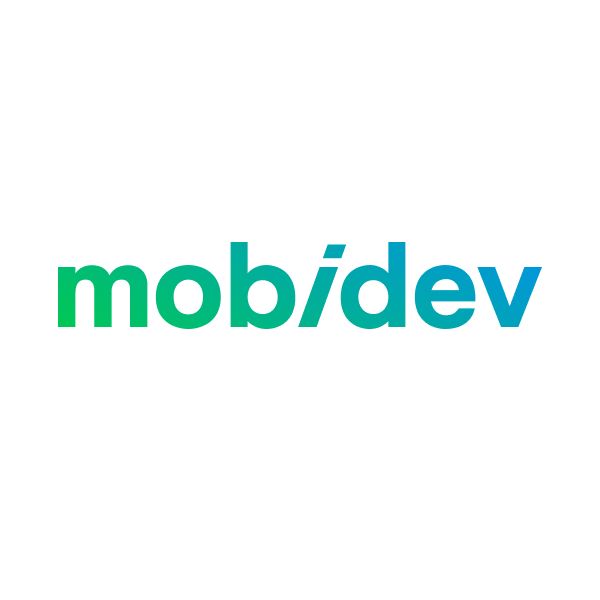233 reads
RE: "Automation, AI, and the Future of Jobs"
by
November 25th, 2021
Audio Presented by

Trusted software development company since 2009. Custom DS/ML, AR, IoT solutions https://mobidev.biz
About Author
Trusted software development company since 2009. Custom DS/ML, AR, IoT solutions https://mobidev.biz
